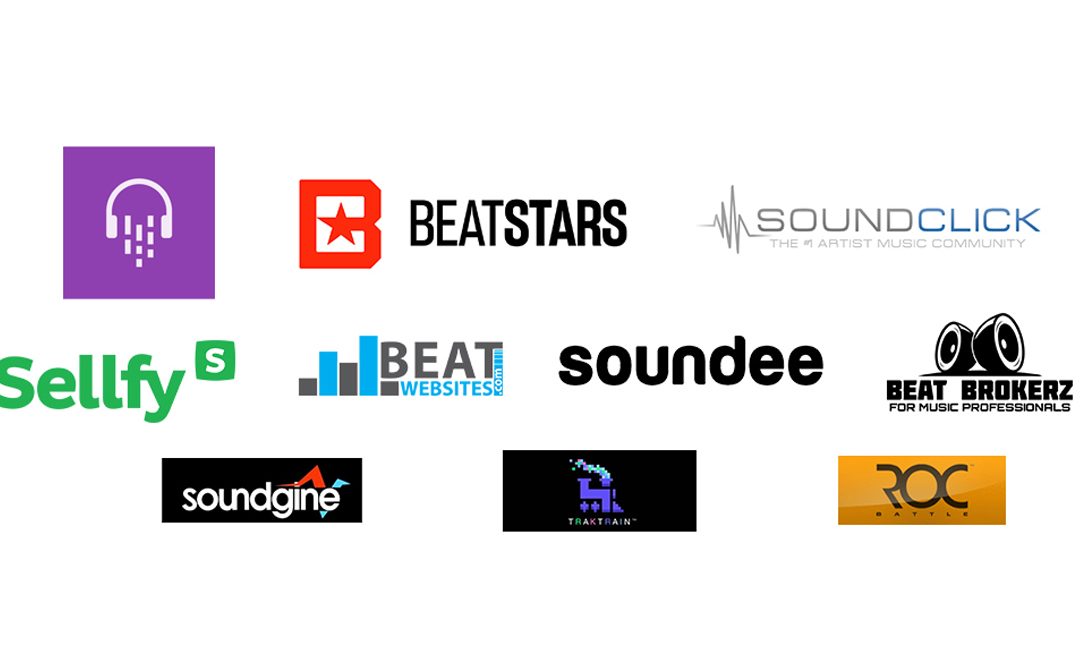Let’s talk about Beatstores and why they can be a problem if you want to license your music for film and TV.
I mentioned in a previous video that leased beats and exclusive beats were problematic in sync licensing and I got soo many comments about this.
So, let me go into a little more depth.
I’m Eric Campbell. I’ve got lots of music on TV.
and there’s a fair number of people who think I share good information about sync licensing and the music industry.
I also run a sync education community that’s free to join
Ok. so, we’re talking about beatstores. If you’re an artist, you’re probably already familiar with these marketplaces where you can lease or purchase instrumentals from a variety of music producers.
These stores have become very popular because you can preview a fully composed instrumental before purchasing it. And they even have very inexpensive lease options which allow you to write a song, test it on a site like soundcloud and only release it if your fans are showing interest.
And you can do all that with leased or exclusive beats. What you CAN’T do is license the song you created for film, TV or a commercial advertisement.
Why not? I’ll tell you why.
Listen with a lease, it’s easy to understand the conflict. There could be a dozen songs out there built from the same instrumental. And when you license a song for sync, you’re stating that you control the rights to the ENTIRE composition – and that includes the instrumental.
In fact, in many cases, a production company might only want to use the instrumental. And with a lease, you could end up in a situation where someone else out there can claim that they own the same instrumental and therefore, they could expect a payment when they hear the music in a Nike or McDonald’s ad.
So, this makes sense. But why are exclusive’s a problem? After all, you paid for the beat. And you purchased the exclusive license so no else can lease the beat after you. Ahh… AFTER you! That’s the issue.
When you get the exclusive license, it stops ANYONE ELSE from leasing or buying the beat. But what about all the people that leased the beat BEFORE you purchased the license? This is why they don’t work for sync cause if there’s even one other person that can claim that the instrumental belongs to them, it’s a problem. And most sync agencies or music publisher’s won’t touch it.
So, how do you get around this?
That’s easy. Stick to Collabs and Commissions.
Either pay a producer to create an original track for your song that is exclusively yours.
Or collaborate with a producer to create something original.
That’s the only way to end up with music that you can say you control all the rights to.
There’s some other things we can talk about to secure these rights even more – these include One Stop Agreements, Split Sheets and Work For Hire agreements. These all help to specify what you and your producer are entitled to. Leave a comment if you want to know more about those items.
And follow me if you want to learn about sync licensing. I share everything I know.

Thank you for this article. As a composer, would you suggest placing the same song up for lease, and placing it in film sync at the same time? Essentially selling a song online and placing it up for sync at once.
Yes I need to know more about one stop agreements. I need to know how to buy beats 100% outright through commission, of I can get more information and help with that.
This clarified a lot of things. Thanks.